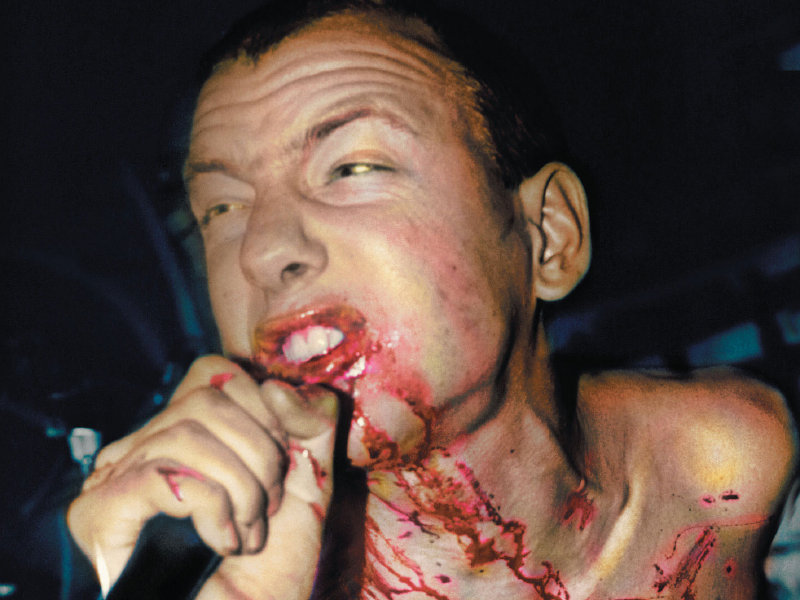Anyone who's spent enough time hanging out at record stores has gotten stuck next to a guy who can't stop talking about how great things were in the good old days.
But sometimes that guy is right and he's written 400 arduously researched pages to prove it. Such is the case of "American Hardcore: A Tribal History" author Steven Blush, who hits Bay View's Rush-Mor Records Dec. 2 for a talk and slide show promoting the second edition of his book, a chronicle of the politically charged early '80s hardcore punk scene.
"The first book came out in 2001. When I wrote it there was an Internet but not like we know it today. The information was kind of old school, sitting down for interviews, finding people, looking for relics. I often compare it to archeology. I had to do the dig and kind of construct a history out of it" Blush recalled.
The book offers a definitive look at the looks and beliefs of a scene that spawned bands like Black Flag, Misfits, and the Minutemen as well as countless lesser-known acts.
Blush, whose 2001 book was adapted into a documentary film that screened at the Sundance Film Festival, conducted more than 100 additional interviews, tracked down additional photos and emerged with new conclusions about the movement that he chronicles in the book's new edition.
"I think I am totally right in the story I told of the original hardcore subculture of this early '80s arch. I am correct on that but it is kind of excluding the believers and the followers and the fans that came later," said Blush, "Was it Robert Johnson in the 1930s playing blues, or is it Eric Clapton in the 1970s playing blues and is there a connection between the two?"
In addition to tracking how hardcore fractured and mutated into metal and grunge in subsequent generations the book adds a whole new chapter on spirituality in the scene called "Destroy Babylon."
Blush said he is tailoring his talks on the Midwest tour to recognize the region's important contributions to hardcore.
"The other important part about hardcore was it wasn't just this New York, LA thing. Every town had a band. So when I am going to Indiana there are the Zero Boys. When I am going to Chicago there's the Effigies and of course in Milwaukee there was Die Kreuzen who I saw many times back in the day," said Blush.
"So I am really coming to pay tribute to the underground music of the Midwest, which often doesn't get the credit it deserves."
Blush's free talk starts at 7 p.m.



